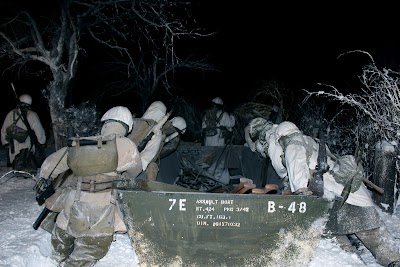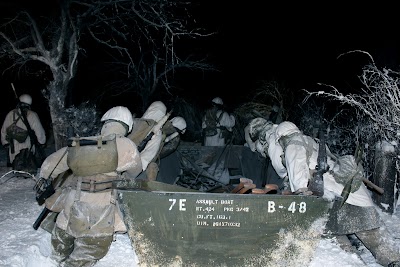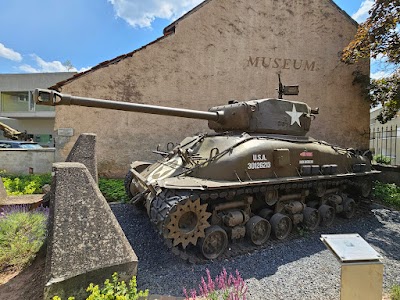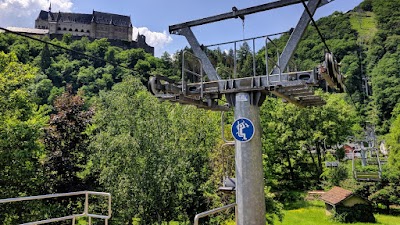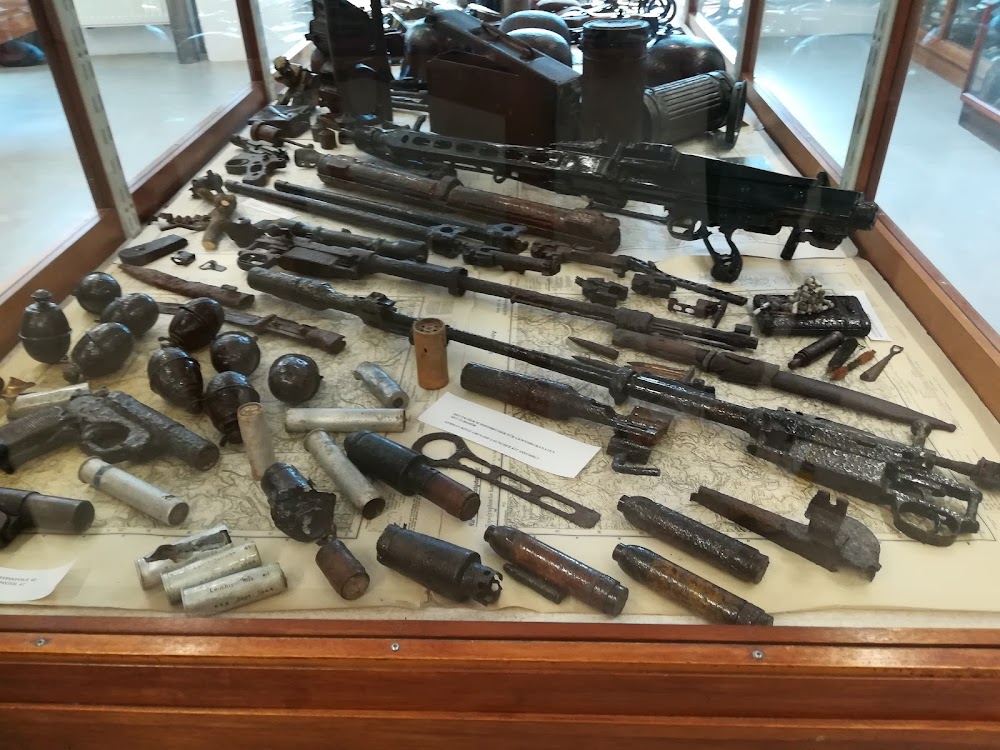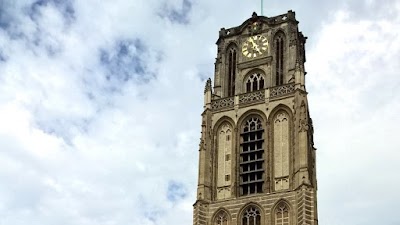National Museum of Military History (Musée national d'histoire militaire)
Overview
The National Museum of Military History, located in the charming town of Diekirch, Luxembourg, offers an intriguing exploration of the region's military heritage. Set against the stunning backdrop of the Canton of Diekirch, this museum occupies a former brewery building, imbuing it with a unique historical charm. For international visitors, this museum is not just an exhibition space; it’s a captivating journey through time that unveils the profound impacts of military conflicts on Luxembourg and its inhabitants.
Established in 1984 as the Diekirch Historical Museum, it has since evolved into a comprehensive institution dedicated to military history. Its primary focus is on the Battle of the Bulge, a pivotal World War II conflict that unfolded between December 1944 and January 1945. This battle marked one of the final major German offensives against Allied forces, leaving a lasting imprint on Luxembourg’s history.
As you step into the museum, an extensive array of artifacts awaits, including uniforms, weapons, vehicles, and personal memorabilia from soldiers. One of the most captivating features is the series of life-sized dioramas that vividly depict scenes from the Battle of the Bulge. These detailed displays create an immersive experience that transports visitors back to the harsh winter of 1944-1945.
A highlight of the museum is an intricate model of Diekirch as it appeared during the battle, providing essential context about the region's strategic significance. The museum also showcases personal stories, photographs, and letters from both soldiers and civilians, offering a human touch to historical events. With narratives presented in multiple languages, including English, the museum is accessible to foreign visitors.
The museum is committed to honoring the memory of all participants in the Battle of the Bulge, regardless of nationality. This inclusive approach fosters a sense of shared history and mutual respect among visitors from various countries. Additionally, the museum houses a research center and archives, serving as valuable resources for historians and scholars interested in military history.
Beyond World War II, the National Museum of Military History also covers military conflicts that have shaped Luxembourg, including the Korean War and the Cold War era. This broader perspective provides visitors with insights into the ongoing influence of military developments on the nation’s heritage.
For military vehicle enthusiasts, the museum boasts an impressive collection of tanks, jeeps, and other machinery that played crucial roles in the conflicts covered. The outdoor exhibit area allows visitors to explore these vehicles up close, enhancing the overall experience.
Don't forget to visit the museum's gift shop, where you can purchase souvenirs, books, and replica items related to military history. It’s the perfect spot to find mementos that commemorate your visit and deepen your understanding of the exhibits’ historical significance.
An interesting aspect of the museum is its active role in organizing events and commemorations. Each year, the museum hosts ceremonies to mark the anniversaries of significant battles and to honor veterans and their families. These events offer unique opportunities for visitors to engage with history in a dynamic and meaningful way.
A visit to the National Museum of Military History promises to be a deeply educational and emotional experience. The museum’s meticulous attention to detail, extensive collections, and personal narratives ensure that visitors leave with a profound understanding of the impacts of war on Luxembourg and its citizens. Whether you’re a history buff, a military enthusiast, or simply curious about the past, this museum is a must-see.
Moreover, the town of Diekirch itself is a delightful destination, featuring charming cafes, restaurants, and scenic river views that make for an enjoyable day out. Pairing a museum visit with the attractions of Diekirch offers the perfect blend of history, culture, and relaxation. In summary, the National Museum of Military History stands as a testament to Luxembourg's resilience and serves as a beacon of remembrance for future generations.


